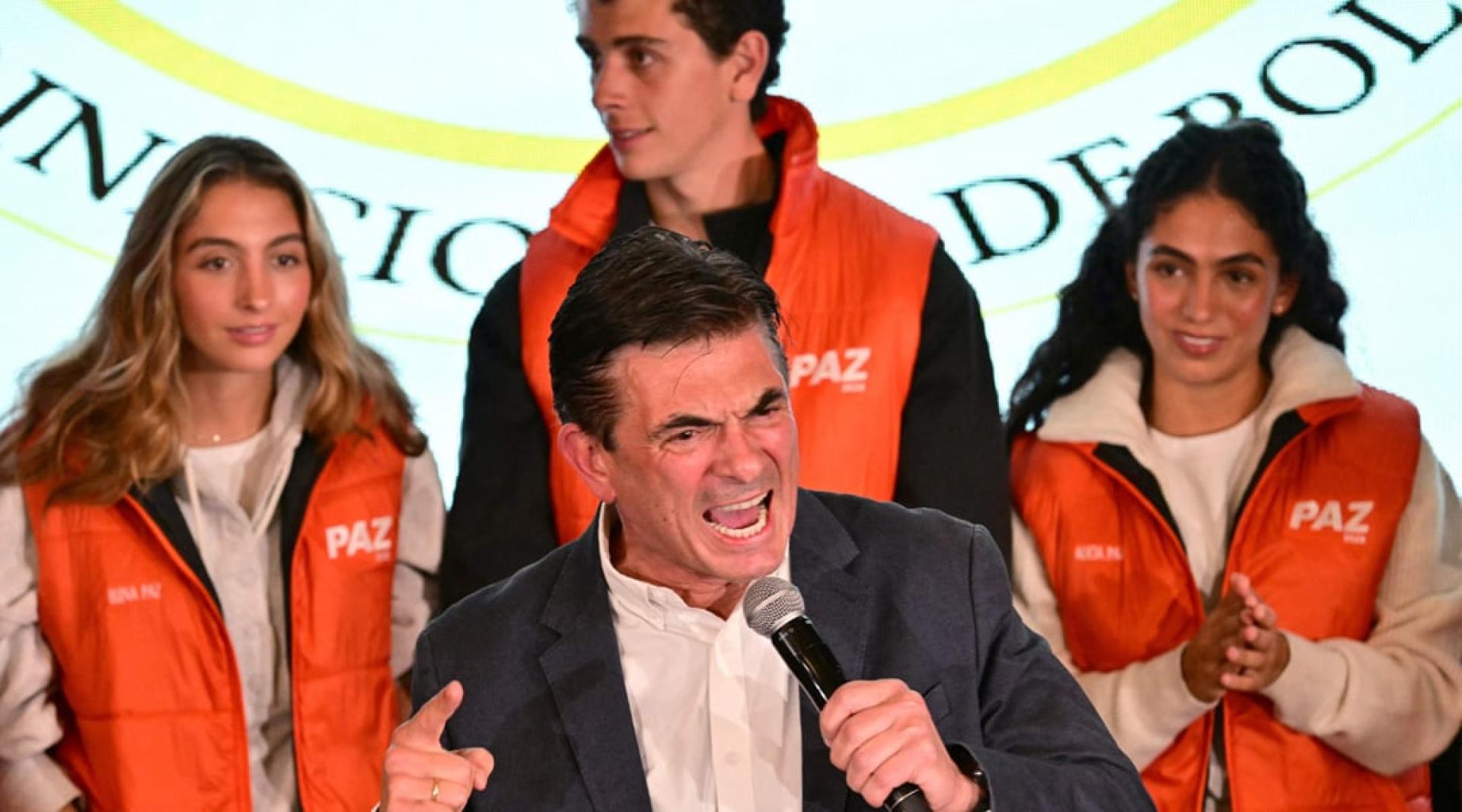The people of Bolivia have elected a business-friendly, center-right senator as their new president, ending two decades of socialist rule during which this South American nation has been mired in economic crisis.
Bolivia held a presidential runoff election on the 19th. That night, the Supreme Electoral Tribunal announced that with 97% of the votes counted, Christian Democratic Party's Rodrigo Paz had received 54.5% of the votes, while the right-wing Liberal Alliance candidate and former president Jorge Quiroga gained 45.5%.
The 58-year-old Paz, son of a former president, has pledged to implement “universal capitalism” economic reforms, including decentralization of power, tax cuts, fiscal discipline, while continuing social spending.
Amid shortages of dollars and fuel and annual inflation exceeding 20%, exhausted voters in August’s first-round election refused to back the Movement Toward Socialism founded by former president Morales.
Bolivia is currently facing its worst economic crisis in decades, and long lines at gas stations have become a common sight.
During the campaign, economist Paz worked to present himself as a moderate, neutral consensus-builder. His vice president-elect, Edmundo Lara, a former police officer, became popular on social media for exposing corruption.
In August, he unexpectedly emerged as the front-runner, winning the most votes in the first round. Through this, Bolivian voters delivered a fatal blow to the socialist government that had been in power for 20 years and was blamed for a series of economic troubles.
